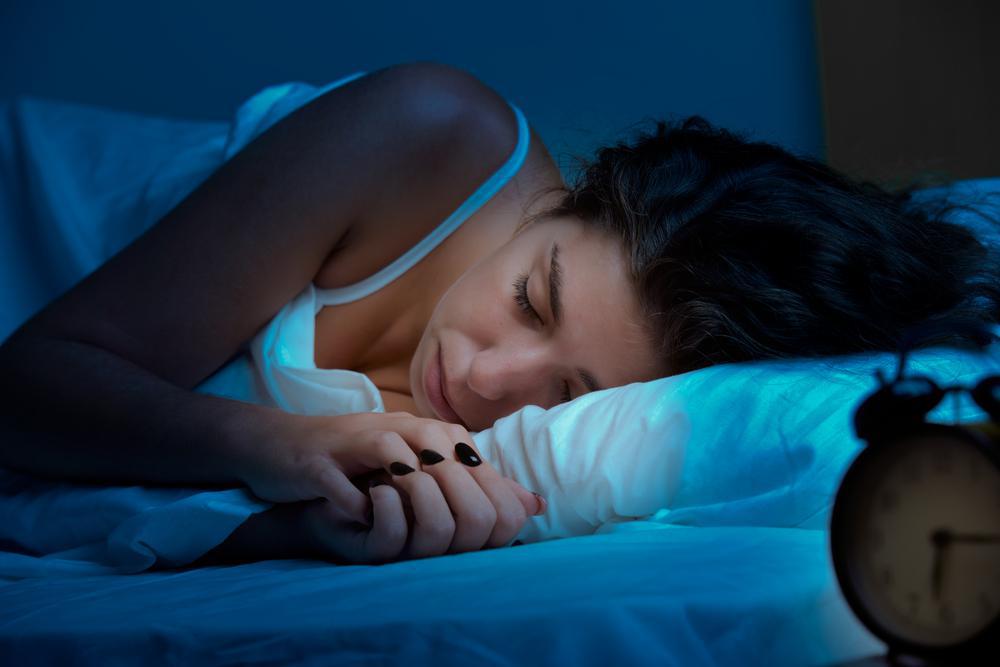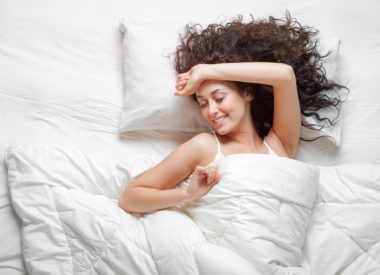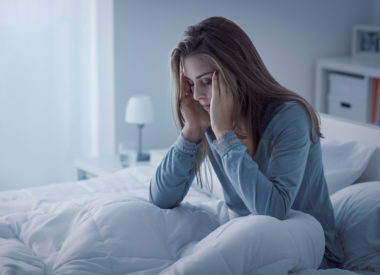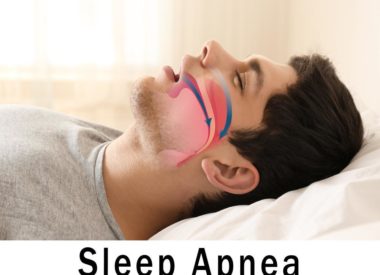Hot summer nights? Don’t be sleepless in Seattle
Chances are, this hot and dry weather, like the kind we had last summer, will hinder sleep.
What is it about a hot summer that makes sleeping so challenging?
When weather runs to extremes, we can expect to struggle to fall asleep as a result of our core body temperature factoring into the sleeping process.
When it’s too hot to sleep
Falling asleep with mounds of blankets atop and rain pouring outside is cozy and comfortable, however, when heat wave strikes in the summer, we can barely stand to sleep even without blankets or sheets? Ever wonder why?
Temperature and sleep
So many things happen during sleep that we aren’t conscious of. Part of the sleeping process involves strategic changes in the body’s thermoregulation system also managed by the circadian system.
Our body temperature fluctuates throughout a 24-hour period, rising up to two degrees during the day up until late afternoon, then dropping to its lowest point in the last quarter of your sleeping period.
When your core temperature is up, wakefulness dominates because your rhythms demand it whereas when your core temperature is down, sleepiness kicks in.
A single exception to these patterns occurs during rapid-eye movement (REM) sleep: thermoregulation by the brain pauses during this stage, leaving your body temperature to be influenced by external conditions of your sleeping environment.
When you sleep, your:
-
core body temperature falls, usually during stage 2 sleep
-
core body temperature reaches its lowest point about 4 hours after you fall asleep
-
core body temperature is strongly influenced by your circadian clock, which is strongly influenced by the external environment
-
chances for sleep-onset insomnia (the inability to sleep at the beginning of the night) increase; insomnia is associated with an elevated core body temperature at night, which could be influenced by higher ambient room temperatures
How to stay cool at night after the sun goes down
When hot weather strikes, you need to pay attention to how cool your sleeping space is. Sleeping in a hot room is difficult to do just one night, now and again, but after several days, you’ll begin to feel the effects of lost sleep.
Air conditioning is a must. But if you’re like most people in the Pacific Northwest, you probably don’t have any.
Instead, using fans to circulate air in a hot bedroom can provide similar benefits that air conditioning does. Find ways to keep the bedroom cool during the day so that it remains cool at night (light blocking shades help). Take cool showers or baths before bed.
Drinking cold water can be a quick way to help drop your core body temperature, but don’t drink too much too close to bedtime because it can cause added trips to the bathroom or too precipitous a drop in body temperature, which could also lead to sleeplessness.
Others find that using a mister of cool water on the skin is refreshing and offers relief, as does a cold compress made from a damp washcloth tucked away in the freezer.
If all else fails, find a separate location to sleep that’s cooler; usually this means a place that’s closer to the ground, as heat rises.
Finally, avoid getting sunburned during the day. Your skin temperature and the discomfort of sun-damaged skin will likely interfere with a good night’s sleep.
When it’s too light out to sleep
A hot night is not summer’s only threat to sleep. You may remember, as a small child, being put to bed at your normal time and struggling to sleep because the sky outside is still so light out.
Ambient light and sleep
The circadian system relies on the light-dark cycles of the planet as points of reference for determining when we should fall asleep and when we should wake up.
If these cycles change radically between seasons, then the system does allow for some adjustments, but the further you live from the equator (in either direction), the more you have to find ways to “fake out” your rhythms during the high seasons of summer and winter to keep tuned to a regular rhythm.
For example, people in Alaska have room darkening shades they rely on in the summer to shut out sunlight when the nights grow extremely short.
Last summer,Sleep Medicine reported on research that focused on people living in the High Arctic during the summer between 2012 and 2014; they credit nocturnal light exposure with causing a phase delay in sleep.
Light pollution
Ambient light is not limited only to the light from the sky when the sun goes down. People who live in urban centers may struggle with the artificial brightness of streetlights and lit-up signage outside their windows at any time of year.
Perhaps this is one of the reasons why New York City is the “city that never sleeps.” If you’ve ever strolled around Manhattan at night, especially in the Broadway and Times Square areas, you will notice greater alertness much later into the night due to your exposure to the brilliant artificial lighting there.
But this is not to say that urban centers are the only places where light pollution exists. In fact, it’s a growing concern anywhere with new LED lightbulbs in streetlights is causing residents to complain of lost sleep, though more communities are opting to do so to save money.
A report inEnvironmental Health Perspectives maintains that 99 percent of the population of Europe and the US(excluding Alaska and Hawaii) has a night sky which is brighter than the threshold for light pollution.
TheInternational Astronomical Union defines this threshold as the point in which artificial lighting illuminates the sky to a degree ten percent higher than what is natural above 45 of elevation.If this 99 percent statistic remains a reality, it means we could all be suffering from light pollution, no matter where we live.
Be wary of other sources of light that might be wrecking your sleep.These include your hand-held electronic devices, which emit blue spectrum light, a kind of light that shuts down your brain’s natural melatonin production. Using gadgets at night may be a silent contributor to the problem of “light skies” at bedtime.
Whatever you do, if you can’t sleep this summer, don’t consult your friends online at 2am… all that blue light blasting from your cell phone, tablet, or laptop is only going to keep you awake even more.
So behold the sun this summer, but be mindful that you need the darkness, too. If you are to achieve adequate sleep, your bedroom will need to be cool, as well.
By practicing some good sleep hygiene, you should be able to outsmart any heat wave Seattle might bring our way and still enjoy all the benefits that Pacific Northwest sunshine brings.
Sources:
Environmental Health Perspectives
The International Astronomical Union
National Sleep Foundation
Sleep Medicine
Sleep Medicine Reviews



